#351 - Easy math puzzle
I am the owner of a birds store. If I put in one bird per cage, I have one bird too many. If I put in two bird per cage, I have one cage too many. How many cages and birds do I have?
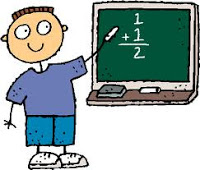
I have 3 cages and 4 birds
I am the owner of a birds store. If I put in one bird per cage, I have one bird too many. If I put in two bird per cage, I have one cage too many. How many cages and birds do I have?

I have 3 cages and 4 birds
A bank customer had £100 in his account. He then made 6 withdrawals, totaling £. He kept a record of these withdrawals, and the balance remaining in the account, as follows:
Withdrawals Balance left
£50 £50
£25 £25
£10 £15
£8 £7
£5 £2
£2 £0
£100 £99
Why are the Totals not exactly right ?

There is no reason whatever why the customer's original deposit of £100 should equal the total of the balances left after each withdrawal.
The total of withdrawals in the left-hand colum may equal £100, but is is purely coincidence that the total of the right-hand column is close to £100.
Let us show another example, but starting with £200 in the bank:
Withdrawals Balance left
£50 £150
£25 £125
£10 £115
£8 £107
£5 £102
£2 £100
£100 £699
Moral of this story? Don't Total Balances.
Suppose I am a grandfather. My grandson is about as old in days as my son is in weeks. He is also as many months old as I am in years. Together, the three of us are 140 years old. How old am I?
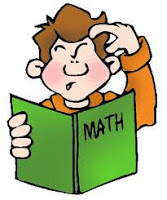
As noted, all three are 140 years old. Thus, a+b+c=140, where a is grandfather, b is son, and c is grandson. Additionally, grandson being about as many days old as son is in weeks gives 365c=52b. Finally, the grandson being as many months as I am in years gives 12c=a. Thus, the following are known.
a+b+c=140
365c=52b or b=365c/52
12c=a
By calculation and substitution we have as follows.
12c + 365c/52 +c = 140
624c + 365c + 52c = 7280
1041c = 7280
c = 6.99, or 7 (teaser said 'about')
so, as 12c = a, then a = 84.
I am 84 years old.
As an aside, my son is 49
At a local village gala, the entire population turned up, 500 people. The event raised £3,000. Tickets were priced as follows:
£7.48 men
£7.12 women
£0.45 children.
How many men,women and children were there?
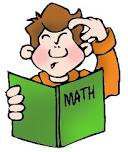
149 men , 259 women & 92 children
In a stable there are men and horses. In all, there are 22 heads and 72 feet. How many men and how many horses are in the stable

14 horses and 8 men.
If, A --> men and B --> horses
So, A + B = 22 and 2A + 4B = 72
2 (22 - B) + 4 B = 72
44 - 2 B + 4 B = 72
44 + 2 B = 72
2 B = 72 - 44 = 28
B = 14 (horses)
So, there are in the stable 8 men and 14 horses.
Kareena is older than Bipasha. Bipasha is younger than Karishma and younger than Katrina. Katrina is older than Kareena and Alonso, who are older than Karishma.If Alonso and Kareena are twins, who's oldest?
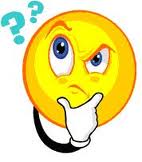
Katrina
Using the clues below, what four numbers am I thinking of?
The sum of all the numbers is 31.
One number is odd.
The highest number minus the lowest number is 7.
If you subtract the middle two numbers, it equals two.
There are no duplicate numbers.

The digits are 12, 5, 6, and 8
A chicken farmer has figured out that a hen and a half can lay an egg and a half in a day and a half. How many hens does the farmer need to produce one dozen eggs in six days?
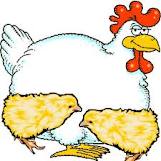
the farmer needs 3 hens to produce 12 eggs in 6 days
This is a classic problem that many people get wrong because they reason that half of a hen cannot lay an egg, and a hen cannot lay half an egg. However, we can get a satisfactory solution by treating this as a purely mathematical problem where the numbers represent averages.
To solve the problem, we first need to find the rate at which the hens lay eggs. The problem can be represented by the following equation, where RATE is the number of eggs produced per hen·day:
1½ hens × 1½ days × RATE = 1½ eggs
We convert this to fractions thus:
3/2 hens × 3/2 days × RATE = 3/2 eggs
Multiplying both sides of the equation by 2/3, we get:
1 hen × 3/2 days × RATE = 1 egg
Multiplying both sides of the equation again by 2/3 and solving for RATE, we get:
RATE = 2/3 eggs per hen·day
Now that we know the rate at which hens lay eggs, we can calculate how many hens (H) can produce 12 eggs in six days using the following equation:
H hens × 6 days × 2/3 eggs per hen·day = 12 eggs
Solving for H, we get:
H = 12 eggs /(6 days × 2/3 eggs per hen·day) = 12/4 = 3 hens
Therefore, the farmer needs 3 hens to produce 12 eggs in 6 days.
If you had a pizza with crust thickness 'a' and radius 'z', what's the volume of the pizza?

pi * z * z * a